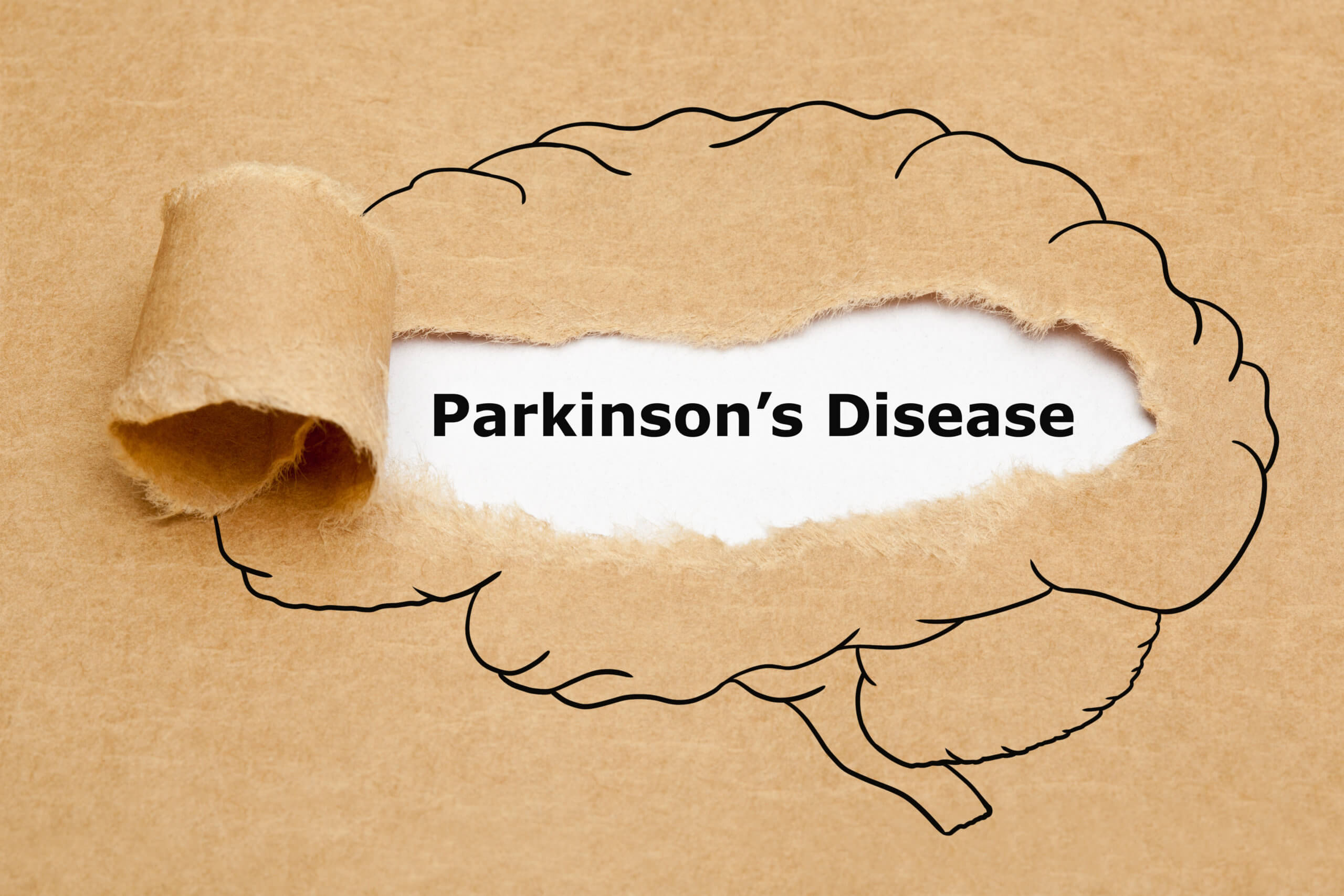Probiotics are good for the gut, and new research suggests they could also improve symptoms of Parkinson’s disease. Scientists have engineered a probiotic bacterium to create L-DOPA which later gets converted into dopamine. Animal studies show the unique treatment is not only safe, but also takes away any side effects of taking L-DOPA orally.
People with Parkinson’s disease have low dopamine levels. A common treatment is to replace the dopamine using levodopa L-DOPA tablets that need to be taken orally 3 to 4 times a day. The treatment is effective in reducing Parkinson’s symptoms but problems with motor control occur 5 years after taking the medication. This likely occurs because the delivery of L-DOPA to the brain is not constant.
“We are harnessing the metabolic capability of beneficial microbes that live in the gut to synthesize a molecule that is the ‘gold standard’ therapeutic strategy for Parkinson’s disease,” says Anumantha Kanthasamy, PhD, professor and Johnny Isakson Chair of the Georgia Research Alliance Eminent Scholar at the University of Georgia. “This next-generation microbial bioengineering technology is designed so that Parkinson’s patients could make their own L-DOPA with microbes in their gut.”
The engineered probiotic bacterium creates L-DOPA from tyrosine produced by the body. Someone would ideally take the treatment once or twice a day in a pill. The dose can be modified by reactivating the cells with a simple sugar called rhamnose which helps the bacteria produce L-DOPA.
When testing the treatment on rodents and dogs, the team found consistent L-DOPA levels in the blood and brain. In a mouse model of Parkinson’s disease, the probiotic improved motor, cognitive, and mood symptoms.
“We are hoping that our continuous, non-pulsatile microbial-based delivery method for L-DOPA limits the development and progression of levodopa-induced dyskinesia,” says Kanthasamy. “We are currently exploring using this approach to deliver treatments for other conditions such as Alzheimer’s disease and depression and are in process of initiating FDA approval for clinical testing of this novel gut microbiome therapeutic technology.”
The team will present their research findings at the Experimental Biology 2022 meeting.
